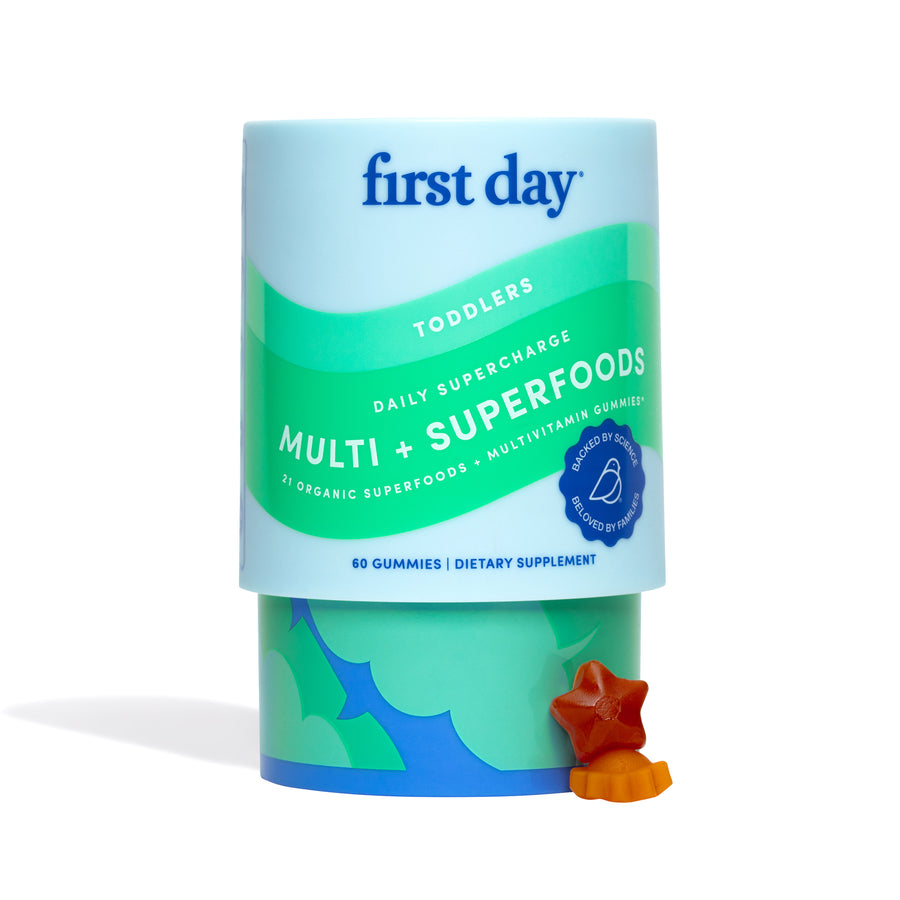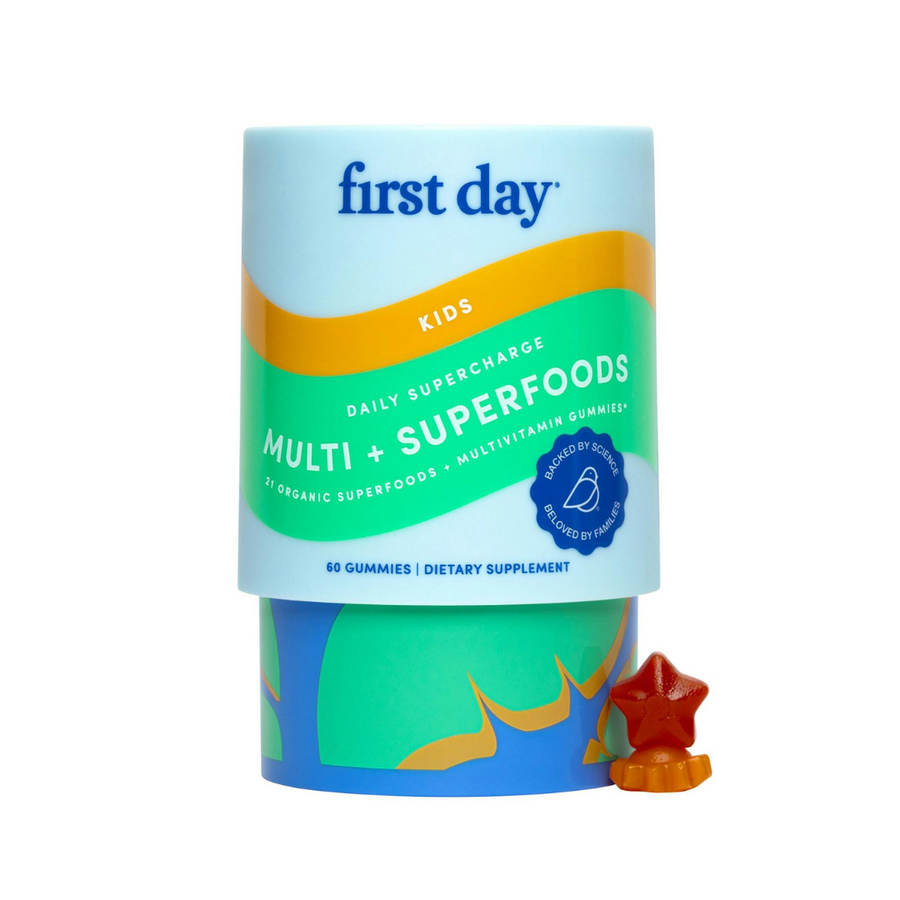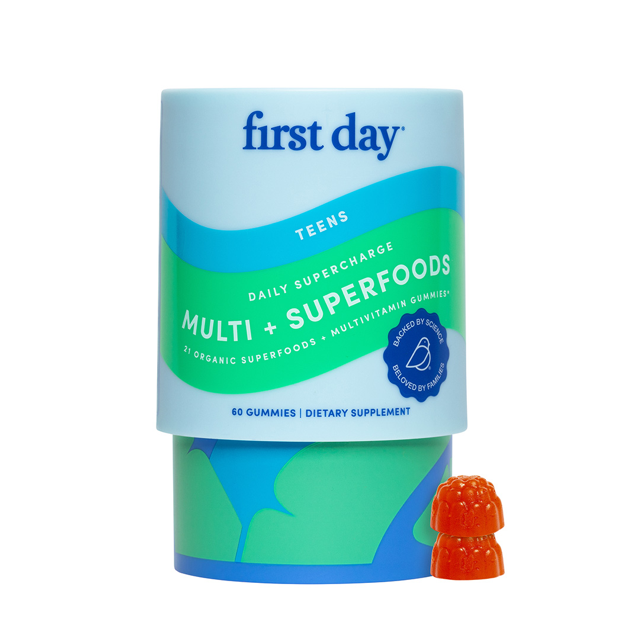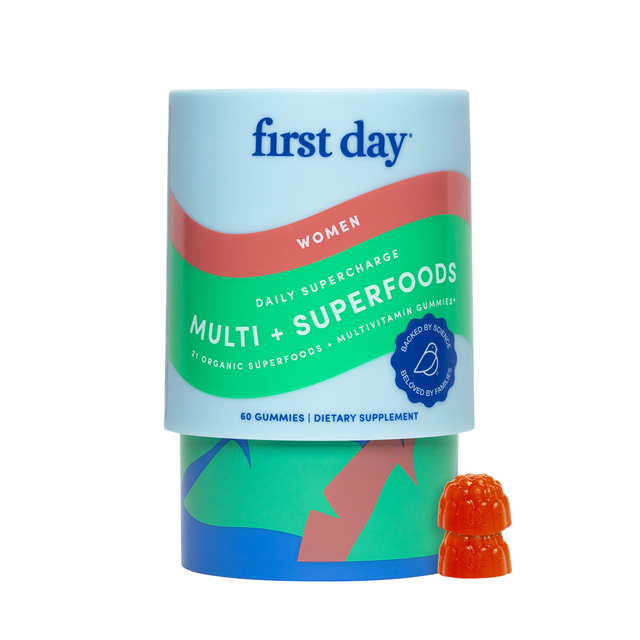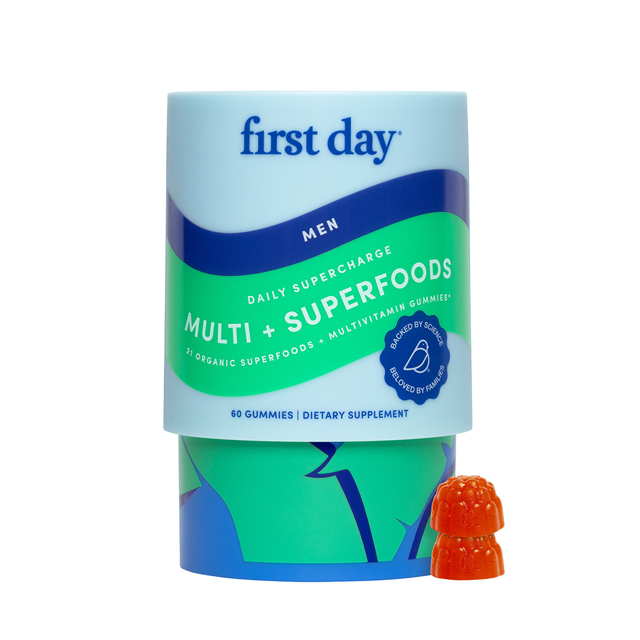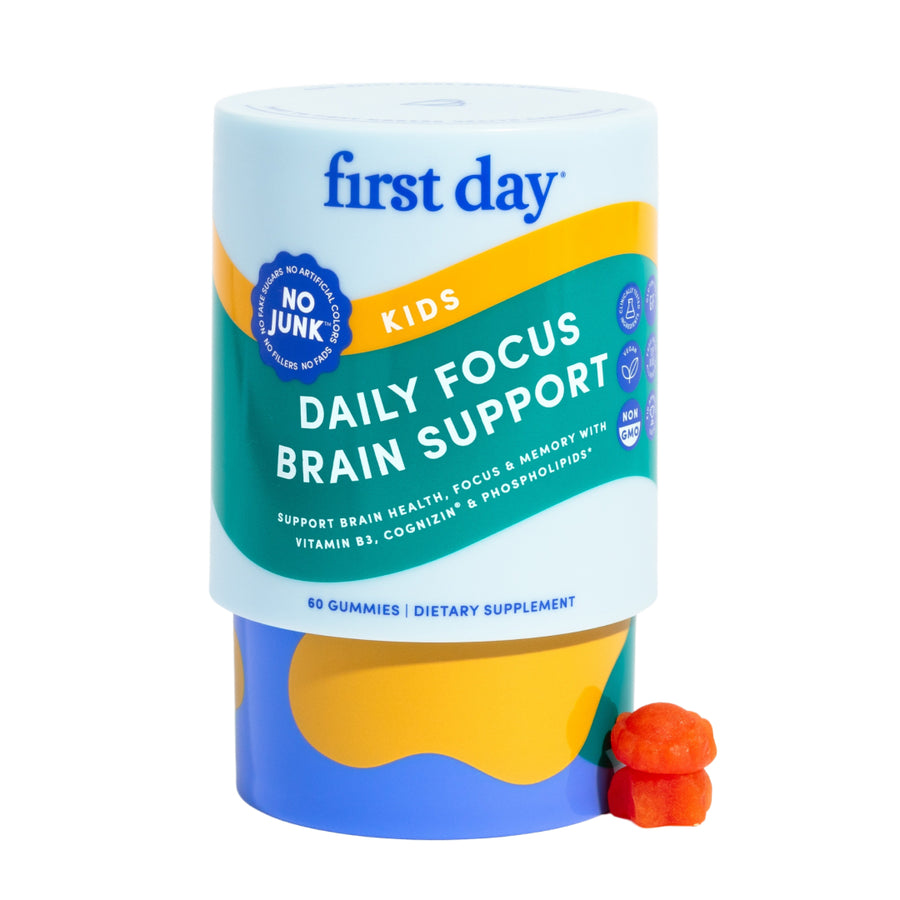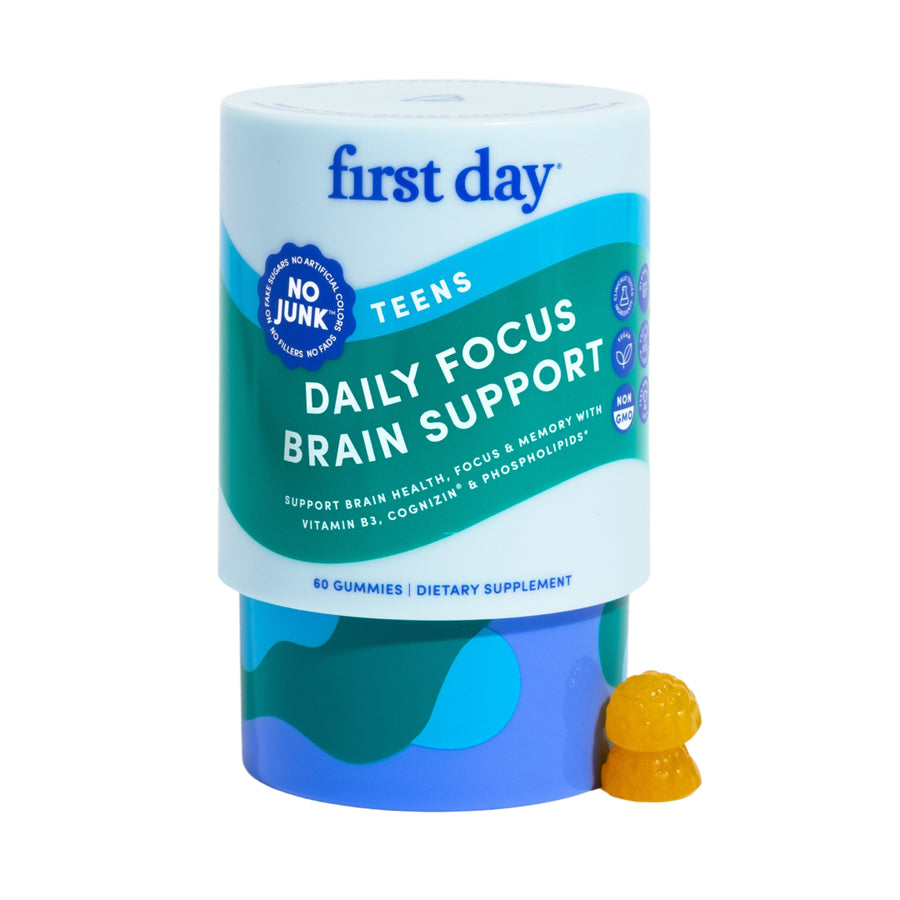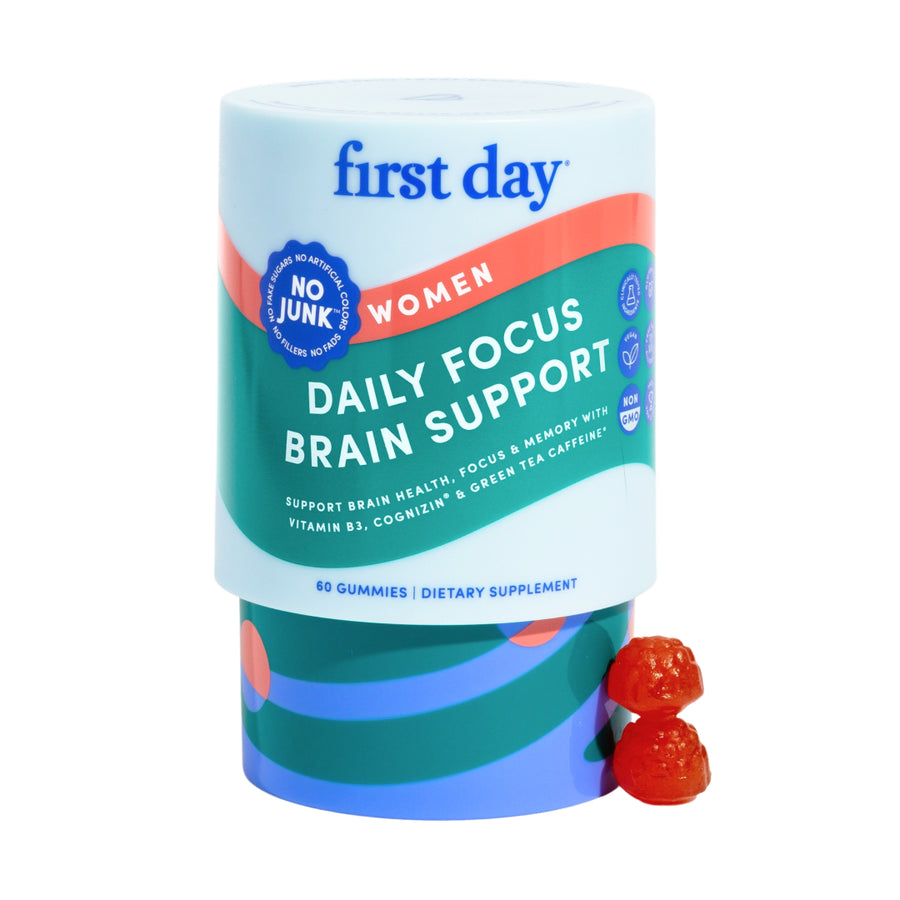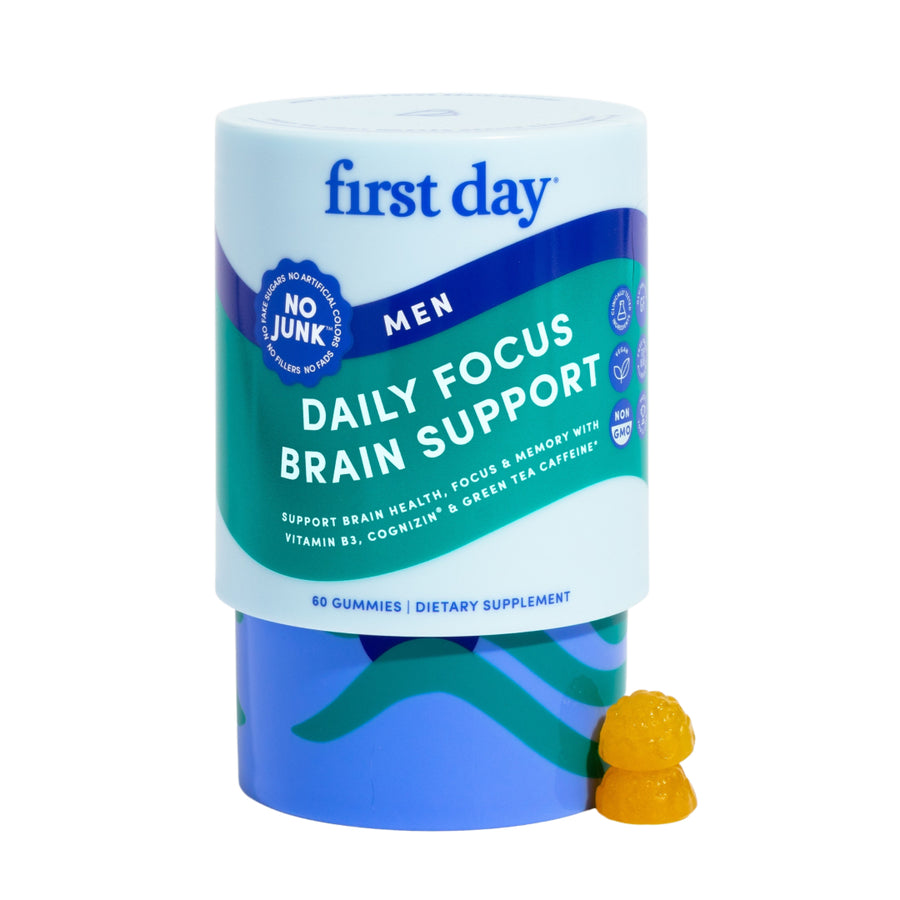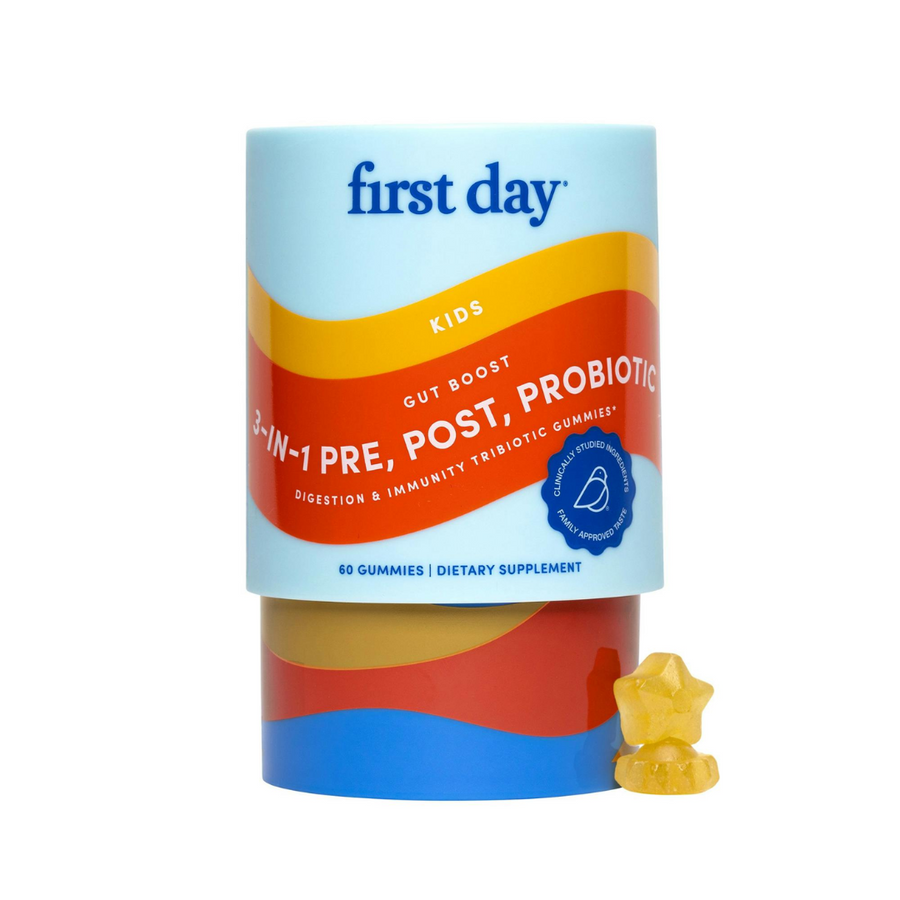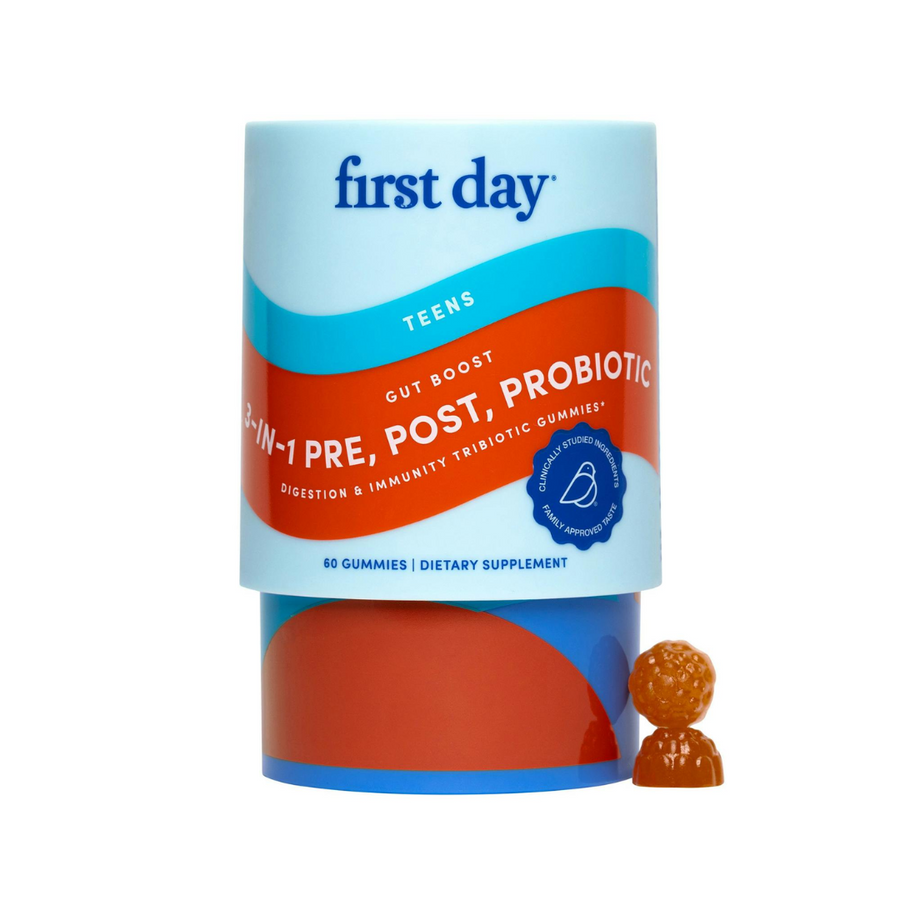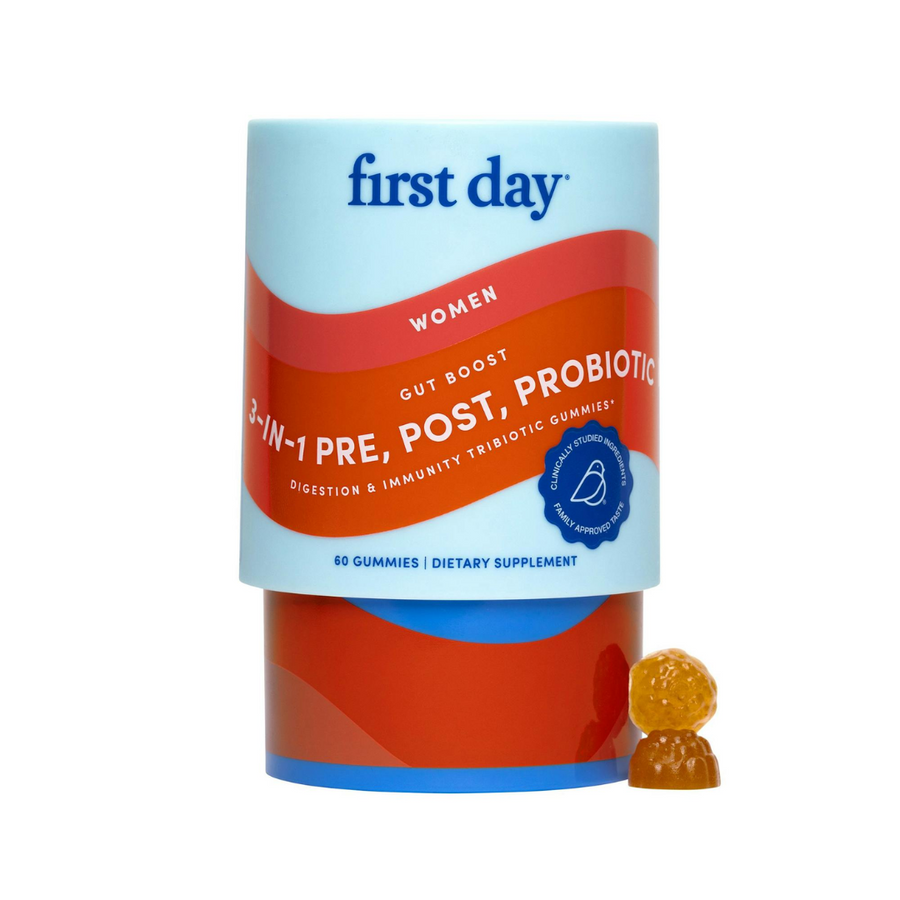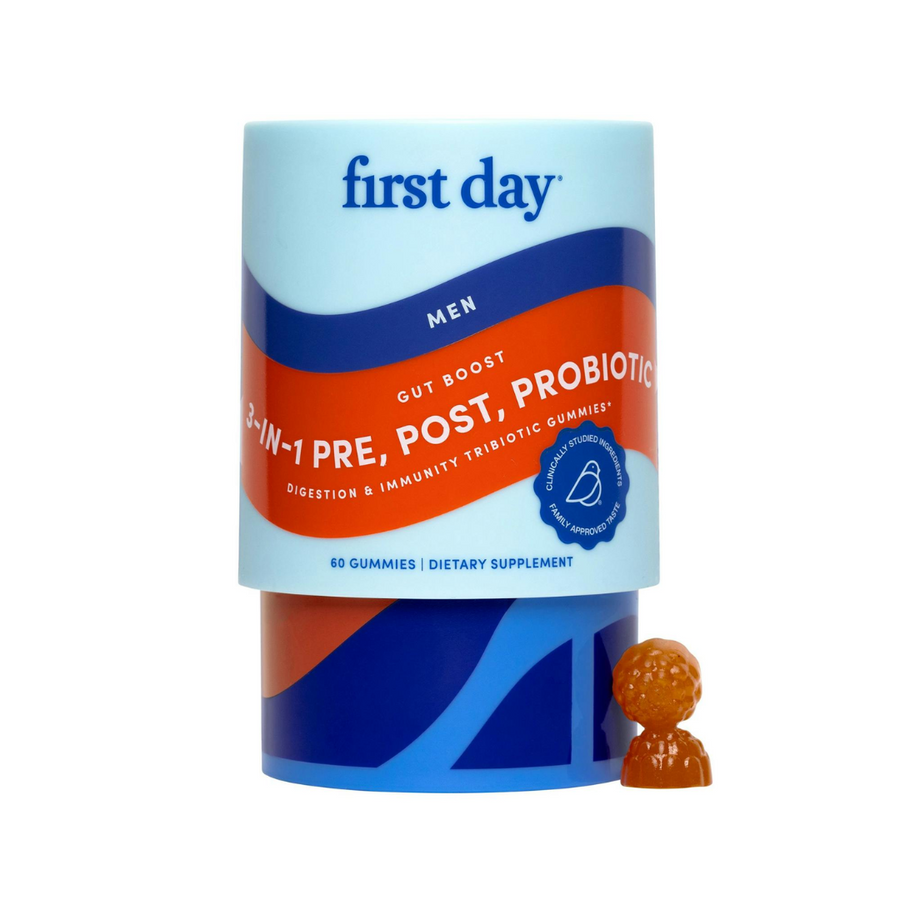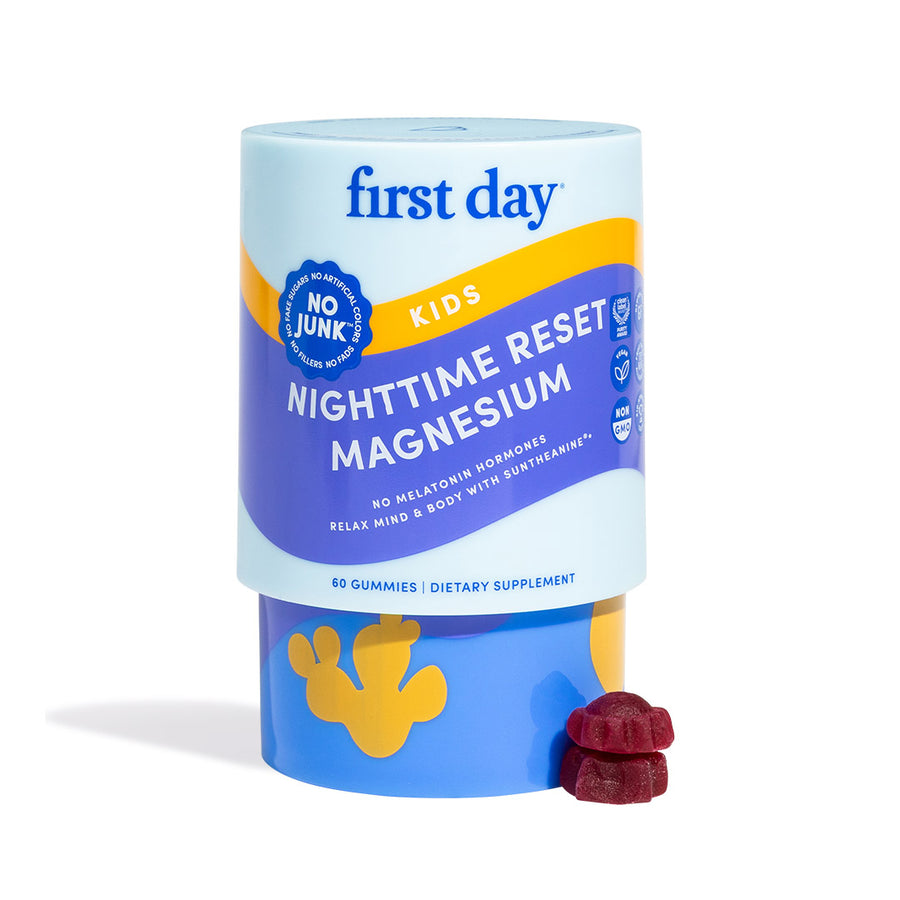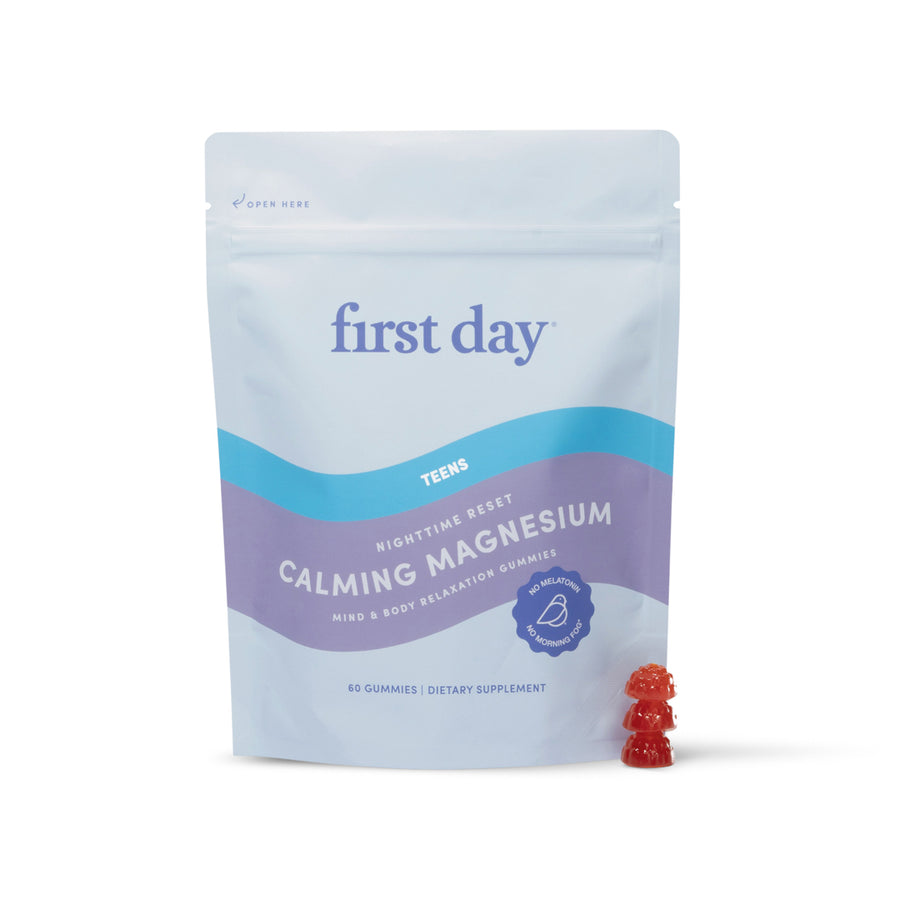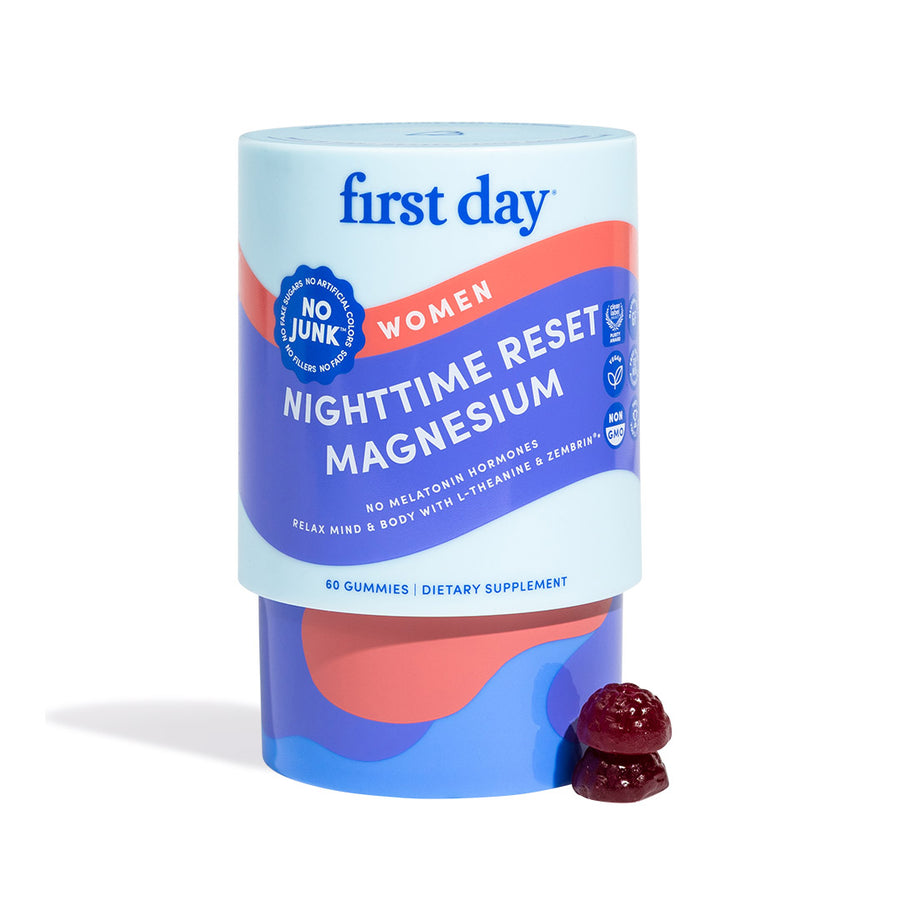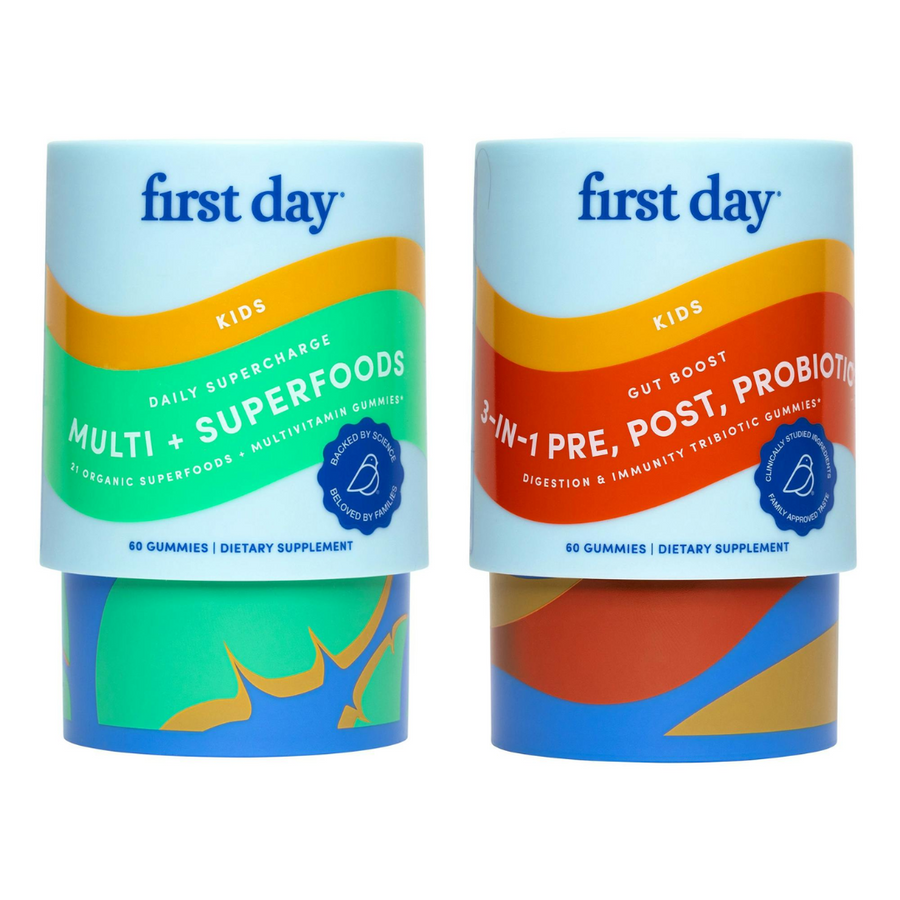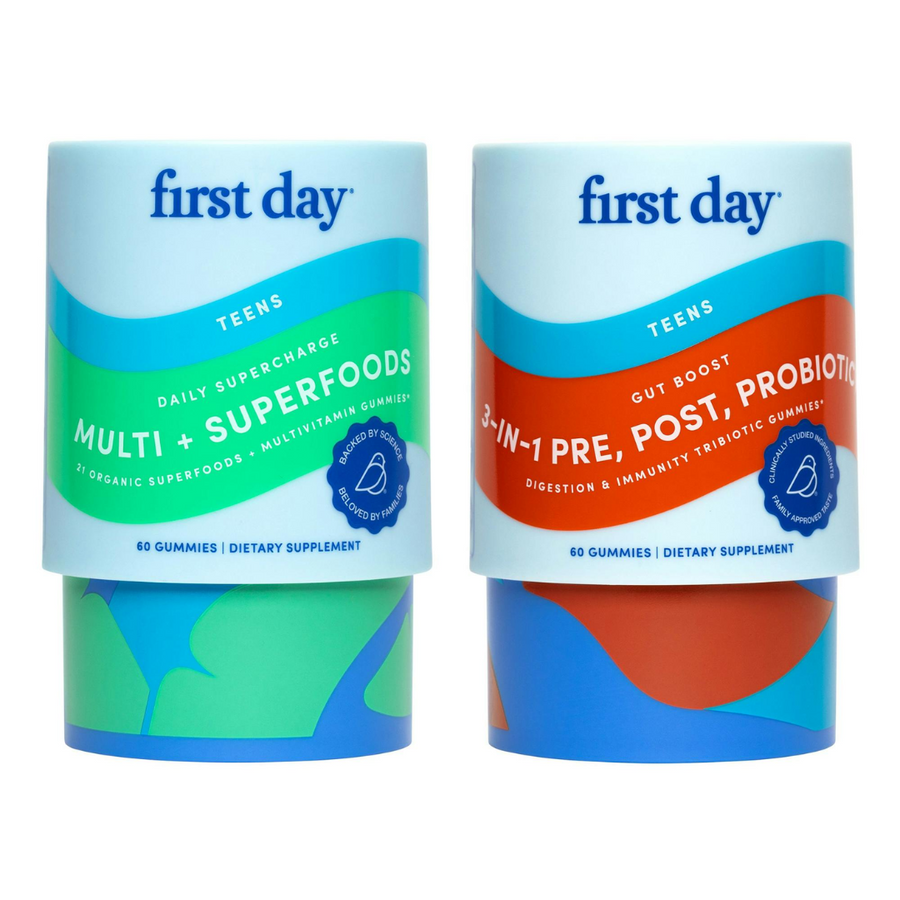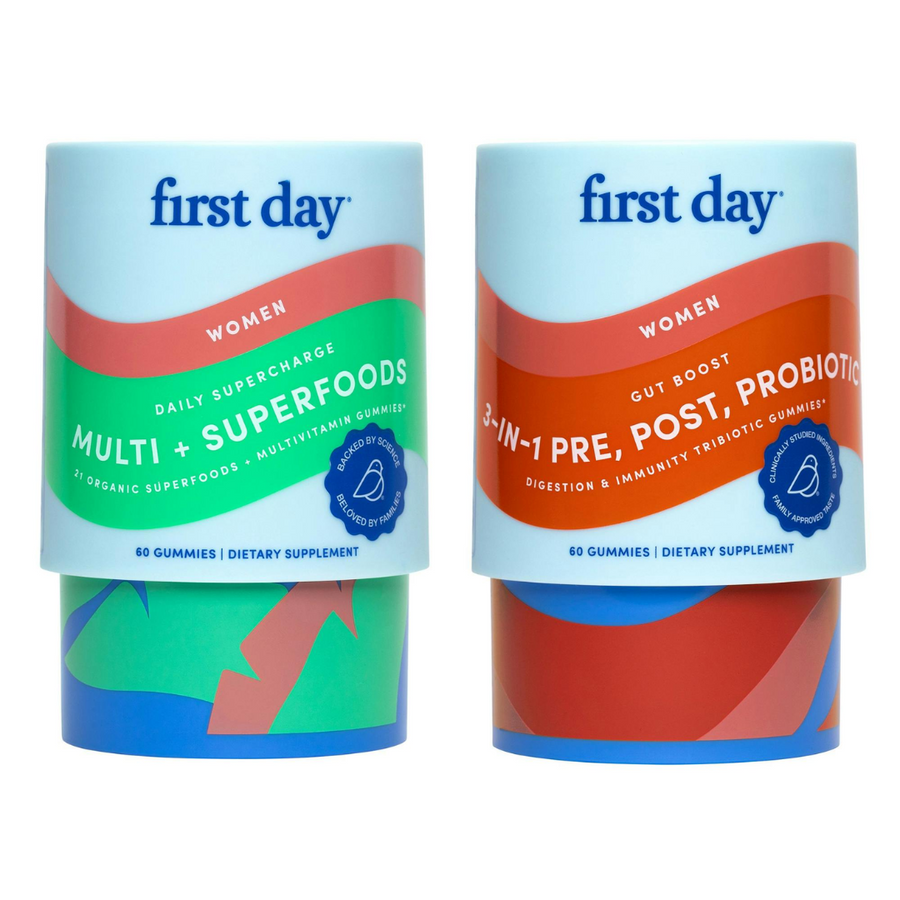How to Improve Your Gut Health
We've heard it many times: You are what you eat. In this case, what you eat directly influences your gut and impacts your health. Trust us: Those donuts and chocolates may seem so irresistible now, but they don't come without a price.
A healthy gut not only helps prevent chronic diseases like heart disease and cancer. It's also instrumental in reducing inflammation and boosting your immune system. Recent research also shows that a good gut helps us manage emotional stress. It was even linked to depression, anxiety, dementia as well as schizophrenia.
When it comes to improving your health, you need to look at what you eat. To take care of your digestive system means to improve your overall well-being.
The good news is it's never too late to change your diet and start feeding your gut right.

What Is Gut Health Anyway?
Gut health refers to the balance of microorganisms living in our digestive tract. When we take care of our gut, we maintain the right balance of these microorganisms in our body. Tiny as they may be, these microbes can make or break your overall health.
Tucked behind the walls of your digestive system is what scientists refer to as the "brain in your gut." This second brain is currently revolutionizing the world of medicine. Over time, more research opened up the link between digestion, mood, and mental health.
One prominent link found between the gut and brain is the foods we choose to eat and how they are digested. You want to focus on consuming foods that aid in the growth of beneficial gut bacteria.
Why Is Gut Health So Important?
One way to better understand what's going on with your gut is to learn more about bacteria. Many of us hear the word "bacteria," and we instantly think about sickness or infections. You may not be thinking about these things now. However, here at First Day, we always do our best to stay healthy. That means learning essential tidbits about keeping ourselves in tip-top shape. Lucky for you, we've done all the work. Now, it's time for you to be in the know.
There are around 40 trillion bacteria in your body, most of which are found in your gut. Yet, there's a little something we call "good bacteria." They thrive in our gut microbiome, which contains cells, fungi, viruses, fungi and more. Each of us is made up of a unique microbiome, and the bacteria in your gut plays an essential role in our health.
Good gut bacteria assists with digestion. Plus, they promote the production of vitamins in our body and fend off harmful bacteria. Gut health benefits can include an improvement of our immune system to protect us from diseases. In fact, more than 70% of our immune system relies on good gut health.

What Affects Our Gut Bacteria?
What we put in our bodies directly affects our health. In a perfect world, we could find ourselves eating whatever we want. However, that's not the case. Some foods will make us feel sluggish or sick. Some may cause more damaging effects like obesity, chronic diseases, etc. That's why it's crucial to be mindful of our diet.
We need to eat healthy foods. Consuming fresh fruits and vegetables, whole grains, fermented foods, or high-fiber ones help. These and more contain nutrients our gut needs to help the rest of our body.
Eating for your gut means promoting the growth of good gut microbiome to thrive in your body. Following the proper gut health diet may easily dictate what the rest of your life could look like.
What Are the Signs of an Unhealthy Gut?
The modern life we live nowadays can damage our gut microbiome. Insufficient sleep, high-stress levels, and taking too many antibiotics all affect it. This, in turn, affects other aspects of our health.
There are different ways your gut health affects you might manifest itself. Here are some of the things you may want to watch out for:
-
Heartburn
-
Skin irritations
-
Upset stomach
-
Constant fatigue
-
Food intolerances
-
Sleep disturbances
-
Autoimmune conditions
-
Sudden weight changes
Now, your brain might be going on overdrive just reading all these signs and symptoms. Don't fret. The good news is an unhealthy gut can be fixed with a few tweaks in your diet.
How to get a healthy gut?
Most of us can improve gut health naturally through proper diet and better nutrition. Fortunately, there are many ways to empower beneficial bacteria through what we eat. This way, we get to live a healthy and full life.
The health benefits of promoting healthy microbiome in the gut are immense. So it's only right to take proactive steps to improve your gut health.

Science-Backed Tips to Get You Started
1. Fill Up on Fiber
Fiber assists with digestion and prevents constipation. It's instrumental to having a healthy gut
Eating high-fiber foods help protect you from becoming overweight. Plus, it helps prevent you from developing chronic diseases. It also stimulates the growth of beneficial gut bacteria.
A proper fiber-rich diet feeds the good bacteria in your digestive system. It also helps to keep digestive problems at bay.
Fiber is plentiful in plant-based foods, including:
-
Nuts
-
Seeds
-
Bran (oat and wheat)
-
Beans, dried peas and lentils
-
Dried fruits, such as prunes and raisins
-
Whole grains like barley, quinoa, bulgur and brown rice
-
Vegetables, particularly artichokes, broccoli, green peas, winter squash
-
Other vegetables like white potatoes and sweet potatoes with skin
-
Fresh fruits, particularly ones with skin on like pears and apples.
-
Other fruits like oranges, blueberries, raspberries, blackberries and strawberries
-
Foods made with whole grains, like whole-grain bread, whole-grain cereal and whole-grain pasta
2. Eat More Probiotic Foods
Probiotic foods have living microorganisms that enrich microbes found in our bodies. Consuming probiotic-rich foods help increase the number of good bacteria in the gut.
Common beneficial bacteria groups found in food rich in probiotics include Lactobacillus (often abbreviated as "L." on food labels) and Bifidobacterium (abbreviated as "B." on food labels). It sounds all too scientific, right? But hey, isn't it cool to have a couple of probiotics trivia up your sleeve?
Here are some healthy foods rich in probiotics:
-
Bean-based fermented soy foods, such as tempeh, miso and natto
-
Kefir (fermented milk)
-
Kimchi (fermented vegetables)
-
Kombucha (a fermented tea drink)
-
Sauerkraut (fermented cabbage)
-
Yogurt, both dairy and non-dairy
When choosing fermented foods or those high in probiotics, it's best to check labels for live or active cultures. You'd want living microbes to thrive in your body to continuously promote a healthy gut.
3. Don't Forget About Prebiotics
You've heard a ton about probiotics, but their partner in good gut health is often forgotten. It's about time prebiotics get a little more attention – and we're about to do just that.
Prebiotics are one of the best sources of food for good gut bacteria. They're carbohydrates your body can't digest. So, they go to your lower digestive tract, where they act like food to help the healthy bacteria grow.
Here are some foods rich in prebiotics you may consume day to day:
-
Artichokes
-
Apples
-
Asparagus
-
Bananas
-
Barley
-
Berries
-
Chicory
-
Cocoa
-
Flaxseed
-
Dandelion greens
-
Garlic
-
Green vegetables
-
Konjac root
-
Leeks
-
Legumes (peas and beans)
-
Oats
-
Onions
-
Tomatoes
-
Soybeans
-
Wheat
-
Yacon root
You'll hit your daily prebiotic goal if you can include at least two fistfuls of these foods in your diet each day.
4. Cut down on fat
Part of your daily commitment to better gut health is to cut down on harmful fat. Fatty foods like greasy burgers, chips, and fried foods are more difficult to digest. This, in turn, may cause stomach pain and heartburn.
Ease the workload of your digestive tract. Focus on consuming healthy fats like olive oil. You may also eat leaner meat and drink semi-skimmed or skimmed milk.
Here are some examples of foods that contain healthy fats:
-
Avocado
-
Olive oil
-
Fatty fish, particularly salmon and mackerel
-
Nuts
-
Dark chocolate
-
Seeds
5. Avoid Refined Sugar and Artificial Sweeteners
Gut dysbiosis is an imbalance of the gut microbiome in your body. This can be caused by eating a lot of sugar or artificial sweeteners. We hear you! All those candies and cakes aren't going to eat themselves but think about the next five, ten years. What is it going to look like for you?
Studies have shown that the Western diet, high in sugar and fat, negatively impacts our gut microbiome. This, in turn, affects our brain function, on top of other digestive conditions one may develop.
6. Take It Easy on the Spice
Many people like to consume a lot of spicy food without upsetting their stomachs. If you tend to feel the opposite, you want to make sure to go easy on the spice. After all, too much of anything can be harmful.
Remember, it's not just chilies that can trigger heartburn. Food such as garlic or onion can also cause it. Listen to your body and find your balance.
7. Learn to Eat Seasonally
One of the many ways to help feed your gut better is to embrace the season. The freshest fruits and vegetables in the market come with tremendous amounts of fiber, intimately tied with your gut health.
Another great thing about eating foods like this is they come out cheaper. It could even help you make more fun and healthy recipes in your kitchen. "Include seasonal fruits and vegetables in your daily diet. They taste much better and are much healthier,"says Naheed Ali, MD, PHD, of HealthcarePropulsion.com.
8. Be Thoughtful When Eating Out
We all end up eating out from time to time, and that's okay! The key is to prioritize foods rich in nutrients. Aim for foods that contain sufficient fiber, prebiotics, and probiotics. These are all necessary to increase good gut bacteria.
Select restaurants that may give you the best and most beneficial options for your body. While you're at it, try not to get too excited about drinking alcohol or artificially-sweetened beverages.
9. Choose the Right Drink
It's high time you look at the number of unhealthy drinks you consume daily. There's coffee, soda, fizzy drinks, and alcoholic beverages -- all of which can cause an upset stomach and heartburn.
Go for ones that promote a healthier gut. Try tummy-friendly yogurt drinks, herbal teas, milk, and more water. Your stomach will thank you for it!
10. Seek Medical Advice
Last but not least, keep your gut healthy by seeking medical advice. We all want to live the best life possible. One way is to keep in touch with your health care professional. This way, you can better understand how to look out for your body. Plus, it can help uncover any other underlying conditions you might not be aware of.

A Happier You Through a Healthier Gut
Your gut is called your second brain for numerous reasons. It affects just about every bodily function and system you have. Plus, it impacts your mental health immensely.
Start reaping the health benefits of a better gut by changing your diet. Go for fermented foods, fiber-rich fruits and vegetables, and probiotic-rich yogurt. These minor adjustments can be life-changing. While you're at it, watch out for foods that don't aid in nurturing good gut bacteria. "To ensure good health: eat more probiotic foods and break your bad habits," according to Dr. Ali.
Living by better health decisions is essential to your growth in more ways than one.
Dr. Naheed Ali, MD, PhD

Naheed Ali, MD, PhD, is a physician by education and a writer by choice since 2005. He earned an MD degree in 2008 and later completed Harvard Medical School's lifestyle medicine training in 2012, before obtaining a PhD in holistic health elsewhere in 2013. He brings more than 15 years of experience working in a remote environment and has more than 15 years of health-related publications to his credit.
For years, he taught at colleges in the US where he lectured on various biomedical topics and delivered over 2000 hours of live presentations. He is also the author of numerous health titles from major New York publishers and his books have sold more than 20,000 hardcover copies worldwide. Now a digital nomad, he’s currently a health and wellness writer for hire. His online home is HealthcarePropulsion.com.
For years, he taught at colleges in the US where he lectured on various biomedical topics and delivered over 2000 hours of live presentations. He is also the author of numerous health titles from major New York publishers and his books have sold more than 20,000 hardcover copies worldwide. Now a digital nomad, he’s currently a health and wellness writer for hire. His online home is HealthcarePropulsion.com.

